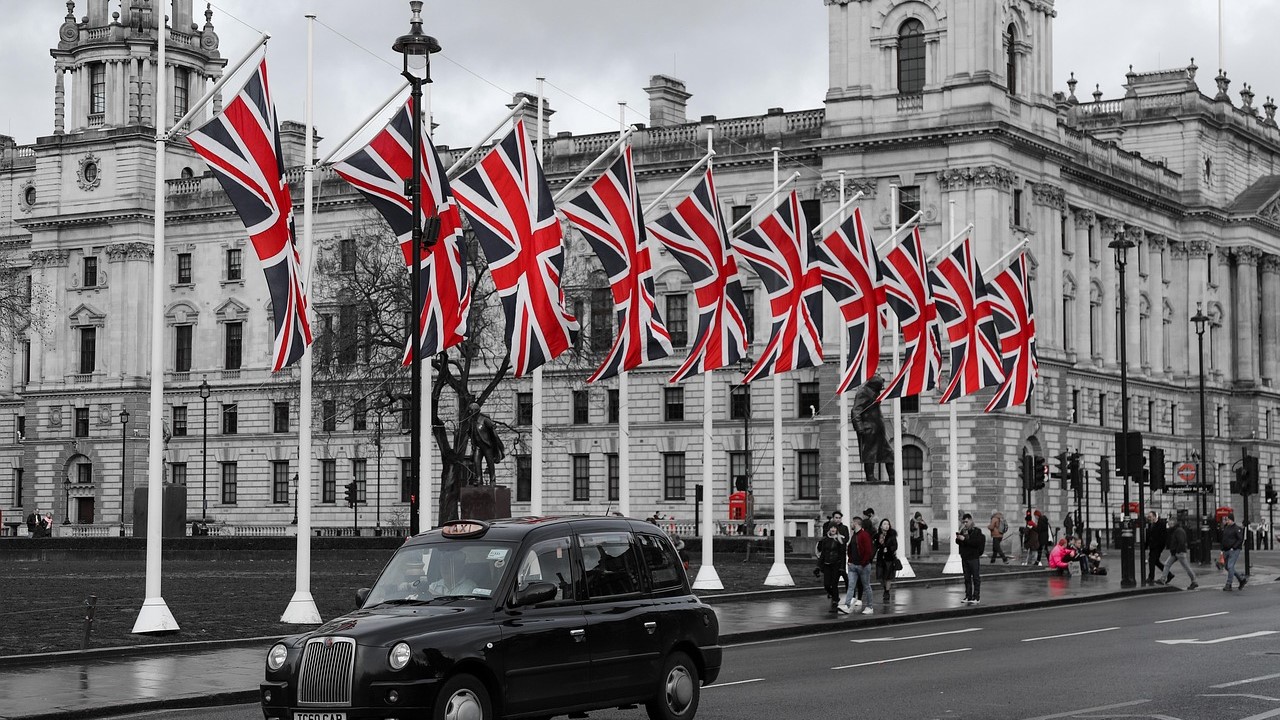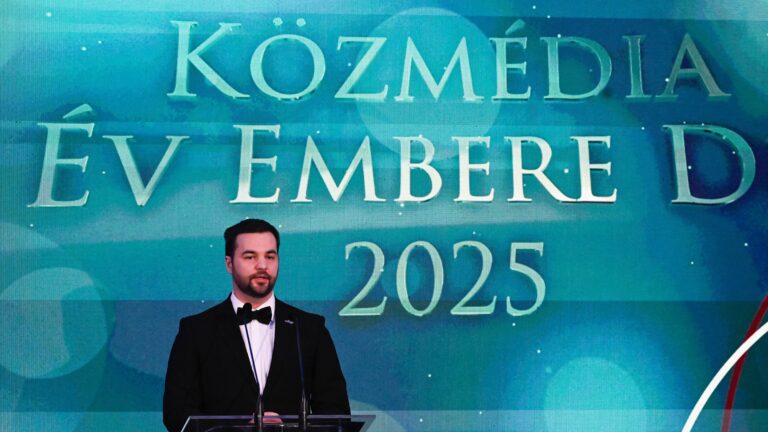One remark from Zsolt Németh at the Danube Institute’s recent Thatcher conference caught my ear. Margaret Thatcher, he said, gave no indication that she was ‘ever inclined to follow any ideology or that her politics tended to set up any kind of fixed model to be followed.’
How refreshing to hear a true understanding of the practice of British conservatism. How sobering that it came from a non-Briton. If only this statement could have been clipped and beamed into last week’s Conservative Party conference—though by all accounts, there were very few people attending to hear it.
The demise of the great party owes itself in large part to a false interpretation of history. What Mrs Thatcher did was simply to act in the way the conditions of the time demanded. Thereby, she removed the intolerable intrusion of the state into every sphere of economic activity and curbed the excessive power of the trade unions.
What her successors did was to mistakenly believe that because her actions produced good results, they should be replicated forever and taken to their utmost conclusion.
‘Instead of being custodians…they became wreckers’
This reached its apotheosis under the duopoly of David Cameron and George Osborne. They privatized, subcontracted, and centralized in the name of efficiency and competition whatever functions of the state they could molest. The Courts, the police, the armed forces—even Royal Mail, which Mrs Thatcher had the wisdom not to touch; no institution was safe from their doctrinal zeal.
Instead of being custodians—the proper function of a conservative politician—they became wreckers.
Cameron and Osborne are often criticized for being liberals. It is more accurate to label them radicals, since a radical is simply someone who sees one cause of every problem or to every problem applies one solution.
During her premiership, Mrs Thatcher herself was accused of the same. While, as Robin Harris told the Danube Institute conference, she and Reagan were perhaps overconfident that culture and values would take care of themselves, they were most definitely conservatives, whereas their successors were not. She undoubtedly held a firm conception of what is good and was driven by the instincts of improvement, conservation, renewal, and restoration, all for the health of the nation.
As the saying goes, Messrs Cameron and Osborne knew the price of everything and the value of nothing.
By the time Theresa May became prime minister, the public had intuited that the Conservative Party was chiefly concerned with bookkeeping over cultivating the nation. At the only election Mrs May fought in 2017, the party had a shock (on polling night, staffers were reportedly physically sick) when the socialist leader of the opposition, Jeremy Corbyn, turned out to be quite popular. The party has never bothered to understand why.
I think it still holds true, as T E Utley observed in 1981, that the British people do not care much for capitalism, although they like its fruits. When they hear about it in the abstract, they do not understand or even like it; described in patriotic terms, they become enthused.
When Conservative politicians proclaim their love of free markets and parrot mantras like ‘competition is always good’, they are preaching to an inert sect. Against a soulless ideology, Corbyn offered a romantic vision of Shelley’s poem ‘Men of England’ in political form. Had the Labour Party of the day been united, we might well be living in the rubble of this New Jerusalem today.
Only Boris Johnson—Corbyn’s vanquisher—rejected the dogma. On becoming party leader, he recognized that the situation required the cause of national rejuvenation to take precedence over the demands of big capital; he neatly summed up the sentiment in the demotic language of ‘f*ck business’.
In Disraelian fashion, he captured the cause and gave it an unexpected twist. Out went the bookkeeping and in came state aid for British industry. Out went the pessimism—when interest rates were rock bottom—that borrowing would unfairly saddle our children and grandchildren with debt; in came the confidence that by investing in their productive capabilities, they would be able to pay it off.
He substituted, or at least intended to substitute, an economic model which had fostered regional disparities to the point of discontent, with the policy of ‘levelling up’.
‘As for Kemi Badenoch, we don’t yet know her economic vision’
By introducing a modicum of protectionism and sidelining the free-market fruitcakes, Johnson was saving the Conservative Party from itself and giving it to the nation. Once it reverted to type and showed Johnson the door, Nigel Farage only had to walk through it. Though the opportunity may have passed, it is quite rational for the Tories to think of retrieving Johnson’s political body from the cryogenic freezer, thawing it and restoring him to a parliamentary seat.
As for Kemi Badenoch, we don’t yet know her economic vision. Nor did we learn much from her conference speech last week. But we do know how she is going to think about it. In the summer, I asked her adviser about her view of levelling up. He told me their position on it would be driven by private sector investment rather than state-sponsored investment.
This is economically illiterate. Since any politician talking about economics in public ought to preface his remarks with the disclaimer that he has no real understanding of what he is about to say, this is fine. But why, nearly a year into the role of Leader of His Majesty’s Most Loyal Opposition, has Mrs Badenoch appointed no economics adviser? Even Mrs Thatcher had Keith Joseph to tell her what to think.
After becoming leader, Mrs Badenoch decided to speak little and think a lot. That the Tories did not have time for a lengthy intellectual exercise is clear enough, given that Reform UK has already replaced them as the party of the right. But since she permitted herself the luxury, we are entitled to ask if she used it wisely. Unfortunately, she failed to tackle the most fundamental question of all: how should conservative politics be thought about? That might have led to the realization that there are no such things as Thatcherites, other than to describe her supporters when she was in office.
Related articles:







